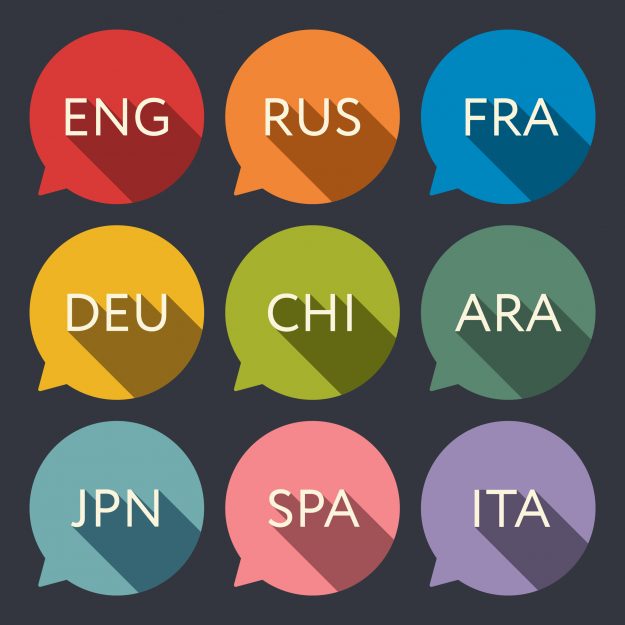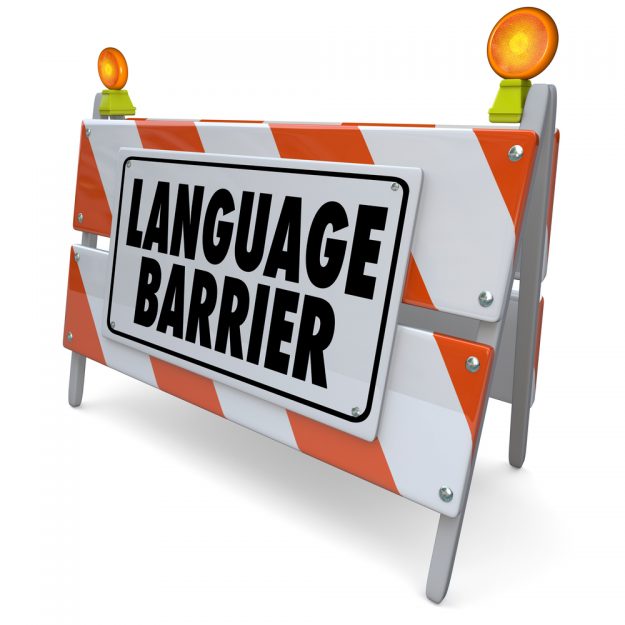Localization Has Macy’s Expecting a Large Payoff
Growth In Diverse Consumer Market: India is one of the top three consumer markets Macy’s is focusing on in their efforts to expand offerings to linguistically and culturally diverse audiences. There has been a 29% increase in walk-in Indian customers in U.S. stores, which has led to a 19% growth in sales. Online sales are…










